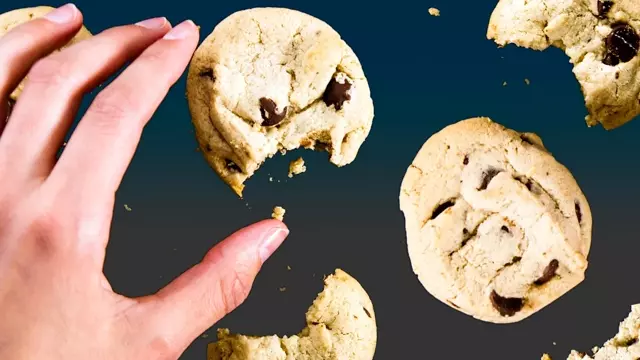2019-06-09
[public] 43.0K views, 2.34K likes, 34.0 dislikes audio only
SUBSCRIBE to BrainCraft for more brain hacks, health tips and stories and psychology (and ring that bell!) 👉 http://ow.ly/rt5IE
Try Skillshare for 2 months, for FREE! 👉 https://skl.sh/braincraft2
My Instagram https://instagram.com/nessyhill | Twitter https://twitter.com/nessyhill
Since I started working from home, I snack constantly while I work. When I have a difficult task, I often find myself standing in front of the pantry. Snacking isn’t always bad, but for me it means that I often don’t eat lunch or dinner, just snacks snacks snacks snacks. Many of my friends who work from home, or who have unlimited snacks at work, have expressed a similar sentiment.
So, I started to wonder that there must be some underlying psychology here, and surely some tips about how I can stop. Now you should probably stop reading this and watch the video.
REFERENCES 📚
FIRST STUDY I MENTIONED:
Harrar, V., Toepel, U., Murray, M. M., & Spence, C. (2011). Food’s visually perceived fat content affects discrimination speed in an orthogonal spatial task. Experimental brain research, 214(3), 351-356.
SECOND SERIES OF STUDIES:
Toepel, U., Knebel, J. F., Hudry, J., le Coutre, J., & Murray, M. M. (2009). The brain tracks the energetic value in food images. Neuroimage, 44(3), 967-974.
//MORE STUFF
SNACKING IS HARD TO CURB BECAUSE IT FIRES UP THE REWARD SYSTEM
Dagher, A. (2010). The neurobiology of appetite: hunger as addiction. In Obesity Prevention (pp. 15-22). Academic Press.
OUR EVOLUTION MAY BIAS US TOWARD SNACKING
Rowland, N. E. (2012). Order and disorder: temporal organization of eating. Behavioural brain research, 231(2), 272-278.
OUR VISUAL SYSTEM IS ALWAYS ON THE HUNT FOR FOOD
Spence, C., Okajima, K., Cheok, A. D., Petit, O., & Michel, C. (2016). Eating with our eyes: From visual hunger to digital satiation. Brain and cognition, 110, 53-63.
AND WE TURN TO FOOD FOR EMOTIONAL COMFORT
Evers, C., Marijn Stok, F., & de Ridder, D. T. (2010). Feeding your feelings: Emotion regulation strategies and emotional eating. Personality and Social Psychology Bulletin, 36(6), 792-804
/youtube/video/L-KPUeF1snA?t=28
/youtube/video/L-KPUeF1snA?t=57
/youtube/video/L-KPUeF1snA?t=117
/youtube/video/L-KPUeF1snA?t=163
/youtube/video/L-KPUeF1snA?t=238
/youtube/channel/UCt_t6FwNsqr3WWoL6dFqG9w
https://www.patreon.com/BrainCraft
/youtube/video/NkUy2yzaCmQ

